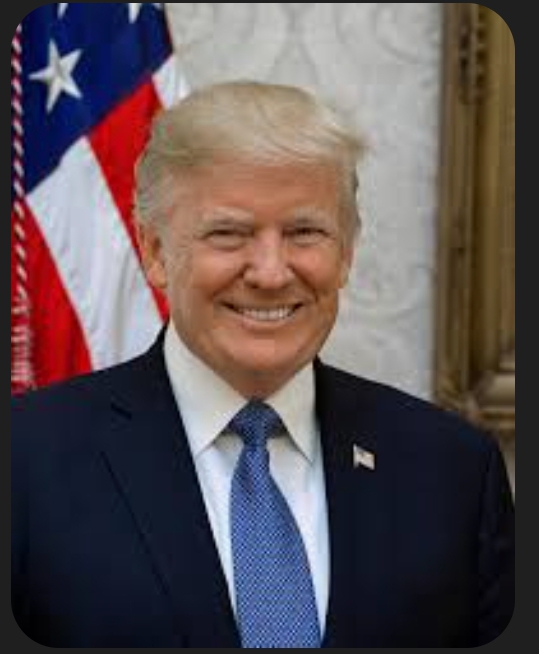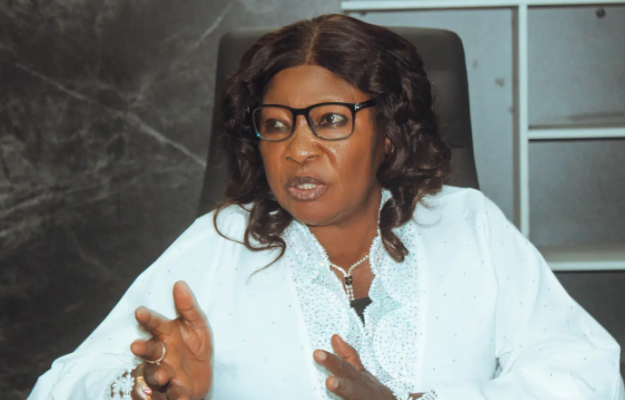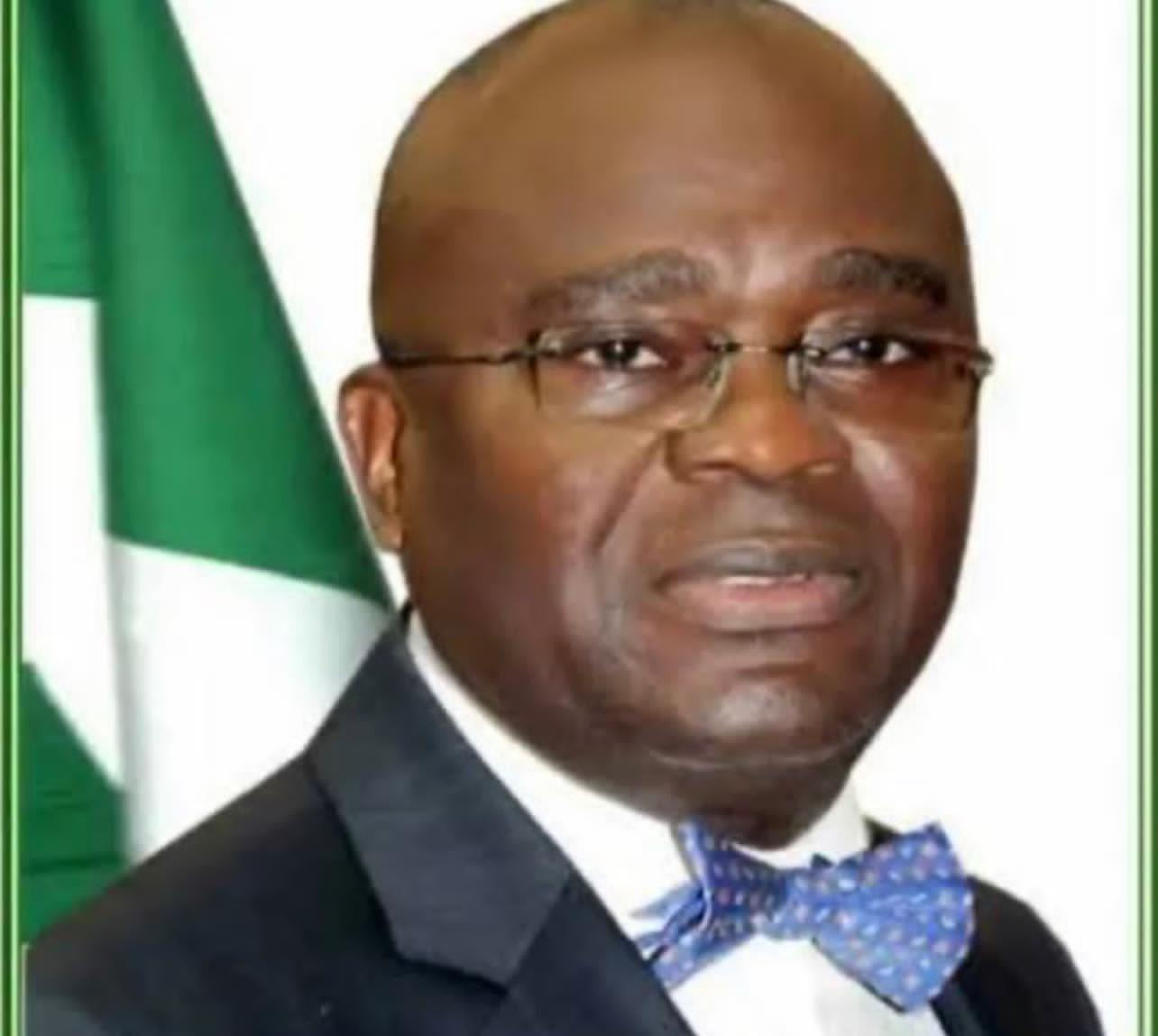A growing number of Nigerian professionals, entrepreneurs, and families have found themselves stranded and facing financial losses after the United States Embassy in Nigeria reportedly began quietly revoking valid visas without prior notice or clear justification.
The alarming trend was brought to public attention by former Chief Corporate Communications Officer of NNPC Ltd, Olufemi Soneye, in a recent article titled
“The Quiet Revocation: Why is the U.S. Silently Cancelling Nigerians’ Visas?”
Soneye revealed that several Nigerians recently received official letters from the U.S. Embassy in Abuja and
Abuja and Lagos requesting the submission of their passports, only to have their valid visas cancelled with no explanation.
Citing Title 22, Code of Federal Regulations, Section 41.122, the revocation letters vaguely stated that “new information became available after the visa was issued.”
However, recipients were not informed of the specific reasons, offered evidence, or given any right of appeal.
Among those affected are a prominent journalist, the head of a federal government agency who was scheduled to speak at an international conference, and an Abuja-based entrepreneur with an unblemished travel history.
Other victims include students, frequent travellers, and medical tourists who rely on U.S. visas for critical family visits, education, and business engagements.
Some visa holders only discovered the revocation at the airport—facing brief detentions or forced to return home—while others had to cancel international plans, refund tickets, and scramble to explain their absence to foreign partners or institutions.
The U.S. Embassy has so far declined to comment publicly on the situation. Nigerian authorities have also remained silent, deepening the anxiety among affected citizens and fuelling speculation of a quiet policy shift targeting Nigerians.
“What makes this even more distressing is the total lack of transparency,” one affected individual said. “We have no idea what ‘new information’ they’re referring to, and we are being treated as if we’ve done something wrong without any opportunity to respond.”
With no official statement from either government, the wave of unexplained visa cancellations has sparked growing concern among Nigerian travellers, many of whom now fear their own travel privileges may be abruptly revoked.
Observers warn that the situation could mark the beginning of a broader, more restrictive U.S. visa regime for Nigerians, implemented quietly, case by case, and without accountability.





